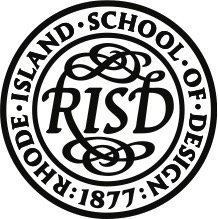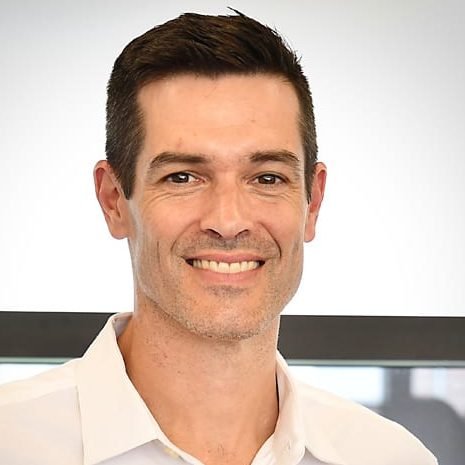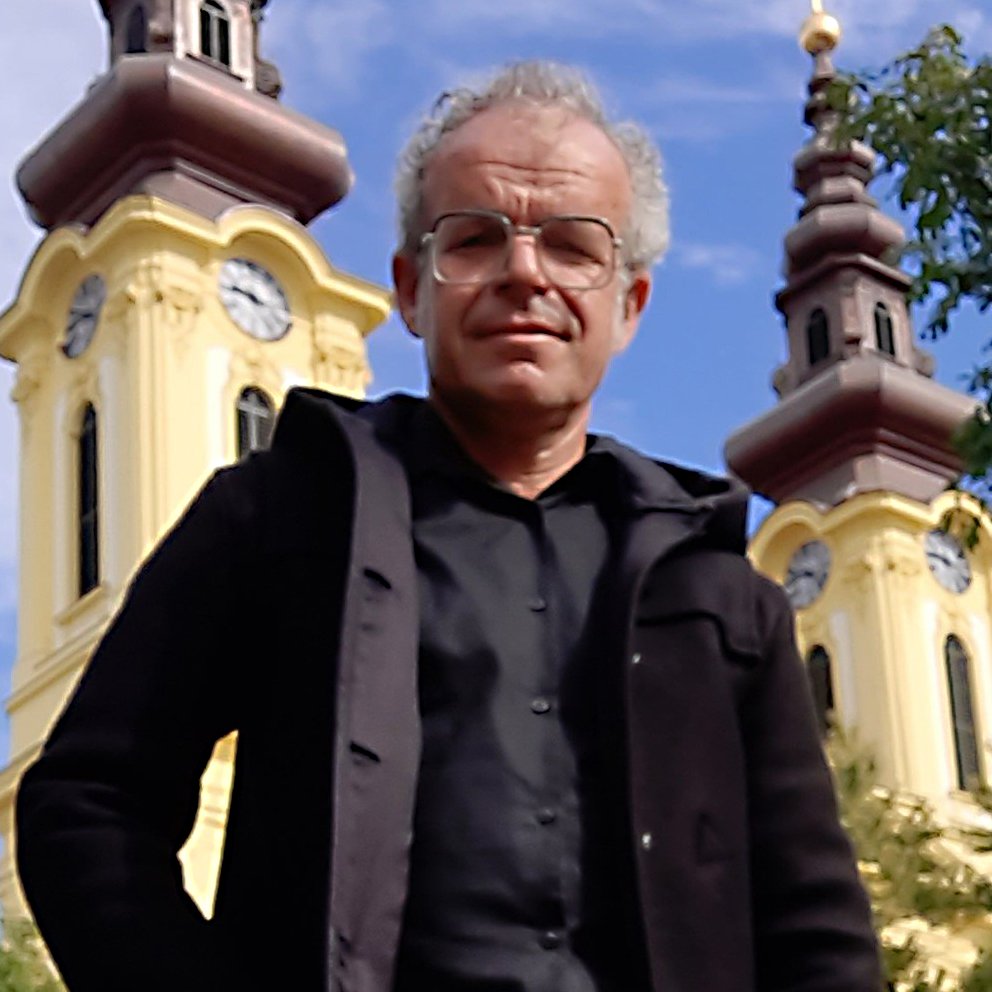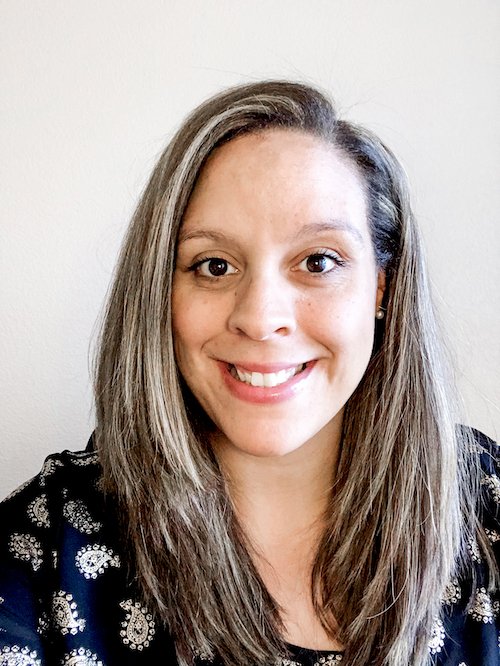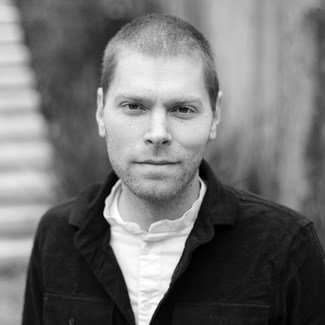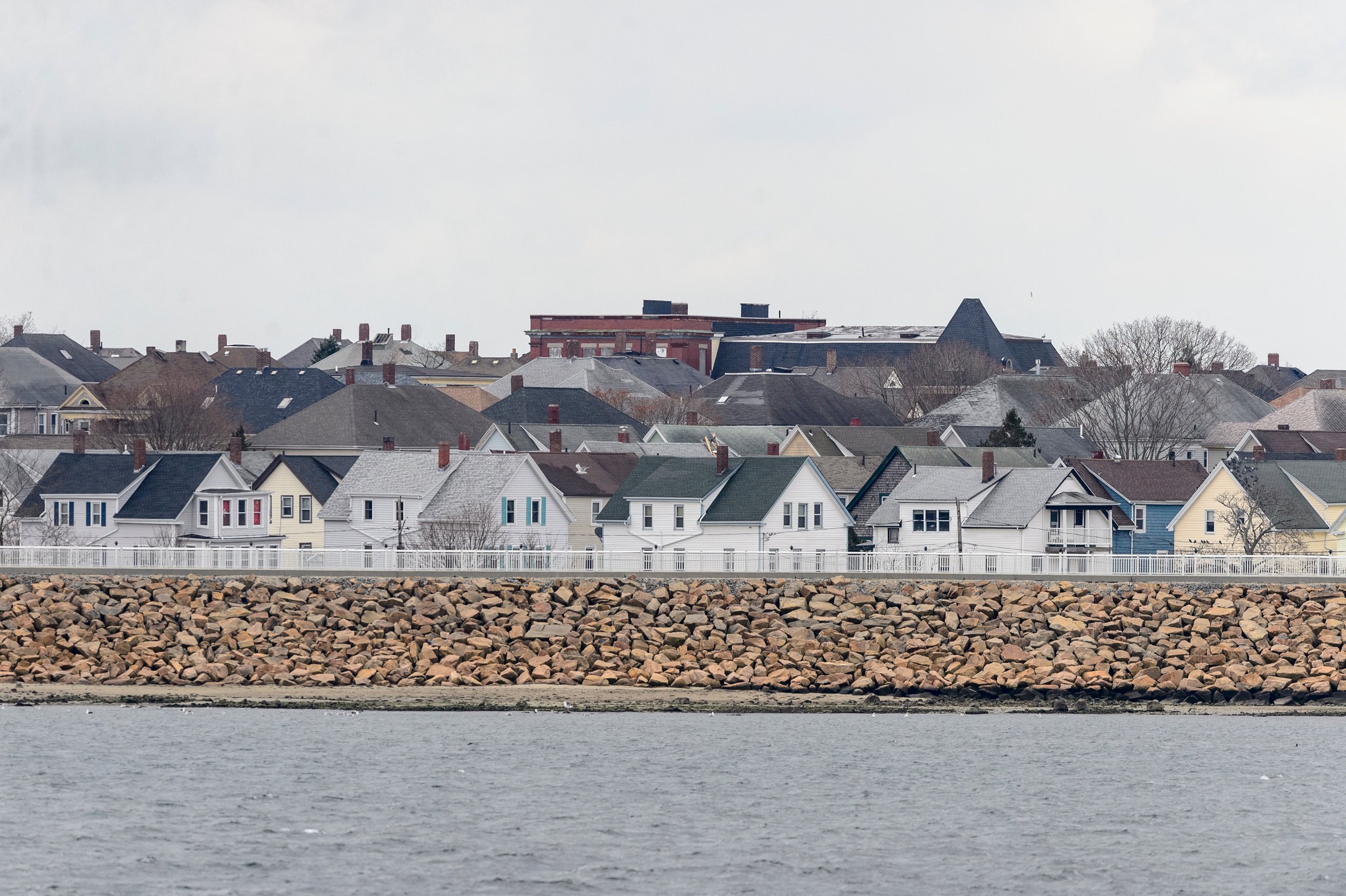
MEET THE NEW BEDFORD AND FAIRHAVEN TEAMS
Meet the Teams
Howard University College of Engineering and Architecture
Nea Maloo, FAIA
This year, Envision Resilience is excited to work with two pilot programs in the New Bedford and Fairhaven Challenge.
Students: Journey O’Neal, Raeesah Amegankpoe, Alyse Dees, Shania Burrus, Trey Turner, Kai Dixon, Jai Blyden, Julian Newnham, Quaran Ahmad
Studio Brief: Howard University’s College of Engineering and Architecture, under the leadership of assistant professor Nea Maloo, will be joining the 2023 Envision Resilience Challenge as a U.S. Department of Energy Solar Decathlon team. The team is made up of graduate students and undergraduate students in architecture, engineering and environmental studies via an extra-curricular 3-credit course. Taking part in academic exercise and international competition experience to train the next generation of students to combat climate change, the team is this year participating in the Attached Housing (AH). Nea’s teaching pedagogy emphasizes collaboration and knowledge sharing across multiple universities. She has previously collaborated with Stanford University, among others and believes in the co benefits of bringing her students into the Envision Resilience Challenge, WHALE and alongside their participation in the Solar Decathlon. Her focus is to teach and design equitable high-performance of existing buildings, reducing carbon impact and serving the community.
The team will look at the former Hillman Street Firehouse at 109 Hillman Street in downtown New Bedford as a project site, in collaboration with W H A L E (Waterfront Historic AreaLeague). The building is a Romanesque Revival firehouse constructed between 1892 and 1893 that originally served as Engine No. 5 House, one of the many neighborhood fire stations in New Bedford, and later served as the City’s Civil Defense headquarters. The team’s investigation will be the reuse/retrofit of a single-building residential building andmust meet the zero energy building requirements of the U.S. Department of Energy Solar Decathlon. The team follows a different timeline than other 2023 Envision Resilience teams, officially beginning October 18 and commencing with the Solar Decathlon Competition Event April 19-2023
Nea Maloo
Assistant Professor, Department of Architecture, CEA
Nea Maloo primes HBCU students for leadership,creating an essential pipeline for diversity and environmental justice. Her inclusive teaching integrates global equity with climate action and transforms architectural education to advance the profession worldwide. She is elevated to the fellow in American Instituite of Architects for her contribution to the profession.
Nea is award winning educator and currently teaches building science, and professional practice classes at Howard University. Her research includes the intersection of reducing carbon footprint and environmental justice . She is a robust role model and has presented at several local and national conventions on architecture, women, equity, decarbonisation, and sustainability. She is an active member of the AIA, NCARB, and NOMA and serves as a president of the Building Technology Educators' Society (BTES).
Nea Maloo is the founder and principal architect of Showcase Architects, an award-winning practice focused on environmental architecture, carbon planning, and biophilic design. The firm's design philosophy explores modern architecture through a spatial, material, and. Her expertise is in providing innovative design solutions to complex technical projects.
Rendering of the Hillman Street Firehouse by Howard students created in 2024.
Howard’s Solar Decathlon Team and Professor Nea Maloo, April 2024.
Rendering of the Hillman Street Firehouse by Howard students created in 2024.
Northeastern University, College of Arts, Media and Design
Sara Jensen Carr, PhD, ASLA
Students: Amy McAllister, Micheal Rahtz, Valentina Riera, Alexis Mazzatta, Sandra Akufo, Carly Calder, Sol Tangvik, Kamilah Thorne, Starr Warner, Graham Moitoso, Gloria Guo, Kevin Nesline, Rory O’Connor
Studio Brief: “Ground Up: Designing for Community Resilience in Coastal Communities” Resiliency cannot be achieved by physical infrastructure alone. In addition to innovative design and planning, it is essential to address hyper-local neighborhood needs alongside broader municipal and regional sustainability goals, establish policy and stewardship programs, and prioritize social justice for vulnerable populations. The literal foundation of these efforts is a thriving, equitable, and inclusive public realm that ensures the safety of communities and strengthens social ties. Northeastern will be working with Groundwork Southcoast, the city of New Bedford, and other community organizations to envision multiple scales and aspects of green infrastructures for the North End neighborhood.
Sara Jensen Carr, PhD, ASLA
Associate Professor of Architecture, Urbanism, and Landscape
Sara Jensen Carr, PhD, ASLA is an Associate Professor of Architecture, Urbanism, and Landscape at the School of Architecture at Northeastern University, where she holds affiliate appointments at the Global Resilience Institute and Institute for Health Equity and Social Justice Research. She is a nationally-recognized scholar and practitioner working at the intersection of health, built environment, and climate change. Her book, The Topography of Wellness: How Health and Disease Shaped the American Urban Landscape, published in 2021, was the recipient of multiple awards and received national coverage in The New York Times, The New Yorker, Curbed, and The New Republic, among others. At Northeastern, she leads undergraduate curricular initiatives at the School of Architecture as well as engages with nonprofits, practitioners, and community-based organizations in teaching, research, and design work to address complex socio-environmental problems.
Rhode Island School of Design, Department of Architecture
Manuel Cordero & Leeland McPhail
Students: Sojun An, Olivia Boucher, Vaughn Burger, Emily Cai, Ram Charan, Alexander Crisman, Henry Ding, Xinyue Du, Michael Earle, Sabrina Eisenberg, Clarissa Guzman, Chen-Chen Hsieh, Tom Hu, Hyun Seok Jang, Mo Lin, Oliver McGovern, Olivia Messmer, Hannah Oh, Jyhoon Oh, Pradipa Patanakijpaibul, Sanghyun Roh, Minwoo Sohn, Bryn Stuppler, Yana Tsyvis, Nancy Wang, Kaimai Zhu
Studio Brief: The Urban Ecologies studio is the third and final entry level studio in the Architecture Department at the Rhode Island School of Design. In this studio, students explore the form of the city as a designed environment, using various tools to work through observations, analysis and design operations - with a focus on urban resilience and understanding how cities can better serve those that have traditionally been marginalized due to race, physical abilities, economic standing, sexual orientation, gender identity, etc. The studio culminates with students developing a complex architectural project that mediates internal and external programs to explore the interaction of a building proposal with the surrounding buildings, landscape, and environment. The studio will explore the North End of New Bedford at the intersection of the interstate off ramps, Acushnet Ave, housing neighborhood and the Northern End of the working waterfront harbor. The study site also includes a harbor for commercial fishing, fish processing facilities, marine repair facilities, marine junk yards, occupied mill buildings, abandoned mill buildings and mill buildings in ruin or undergoing demolition. Lastly, the site includes a housing district with older multi-family units arranged around an abandoned mill pond. Housing is an important touchpoint in the city, with a number of buildings bring lost to fires in the last few years and displacing up to 40 residents each. Students will first analyze this dynamic and complex site area and then pairs will focus on a smaller section to develop a housing proposal. Themes like urban agriculture, affordable housing and adapting a working waterfront will be the focus of this studio.
Manuel Cordero
Critic - Architecture
Manuel Cordero is a designer, advocate and educator with an interest in expanding the audience and participation in the planning and design of public spaces. He is a licensed architect in Rhode Island with several years of experience in large-scale institutional projects, with a focus on educational and community planning projects. In 2020, he founded CIVIC, a multidisciplinary design firm working to reimagine our public places and shared spaces to be healthier, safer, more accessible and joyful.
Manuel is the co-founder of DownCity Design, a nonprofit design organization dedicated to improving civic life while offering inquiry-based, experiential learning opportunities. He enjoys sharing his passion for design with students of all ages, including high school and middle school students, via DownCity Design and as an adjunct faculty member at RISD. His practice, research and teaching have recently focused on the role and efficacy of participatory engagement practices in public placemaking and urban infrastructural systems.
Manuel previously worked at the School Building Authority (SBA) at the Rhode Island Department of Education (RIDE), where he helped to build a nationally recognized school construction program and launch a “once in a lifetime” state investment in public school facilities. In this role, he oversaw more than $1 billion in school construction investments and ensured cost-effective, sustainable construction aligned with 21st-century teaching and learning.
An active member of the Providence community, Manuel has served on the boards of several local nonprofits and currently chairs the Providence Redevelopment Authority Board. He received his undergraduate degree from Yale University and earned a MArch degree from the University of California, Berkeley.
Leeland McPhail
Critic - Architecture
Leeland McPhail is founding principal of Here Here, a practice with one foot in community advocacy and the other in architecture. From his work with Ghana Free Community Libraries, he brings experience navigating the complex interrelationships of labor, ecology, economy and theory and a belief that the discipline of architecture has a responsibility to support and lift up communities.
Prior to founding Here Here, McPhail’s work ranged from research on and design of mass timber construction with Gray Organschi to large-scale affordable housing developments with Bernheimer Architecture to obsessively designed and detailed commercial, cultural and institutional work with BLDGS. He also sees the need to step out of the pristine, controlled environment of the office and into a sometimes messy community. He’s done this most recently in Atlanta, where he lived and practiced for the past few years, by leading projects for Neighbor in Need to combat gentrification and by organizing within his community to combat predatory development practices.
Before practice, McPhail was the Frederick C. Bland Scholar at Yale School of Architecture, where he earned his MArch. He earned his BSArch at Georgia Tech, where he was awarded the Alpha Rho Chi medal and was a President’s Scholar. He works both locally and globally, and his work has been exhibited internationally.
University of Florida, College of Design, Construction and Planning
Jeff Carney
Students: Ulfa Aulia, Taylor Brunswold, Joselyn Gambetta, Noah Kieffer-Ashby, John LaVia, Dimitri Lonardo, Daniel Riviero-Gonzalez, Alejandro Rodriguez, Firas Sakka, Jenny Saporowski, Julia Schmidt, Marla Stephens, Maysain Tannous, Cooper Turner, John Varamogiannis, Raymond Wincko
Studio Brief: For millennia, humans have clung to coastal edges, where land and water collide. Minimal or robust, nimble or defensive, we have demonstrated many ways to occupy strategic coastal locations. The Port of New Bedford exemplifies the human relationship with the coastal edge. In recent years the port has balanced its post-industrial economy, a rebounding ecosystem, a popular recreational waterfront, and a thriving maritime economy. But as the ocean warms, seas rise, and fisheries are strained, how can the port adapt? Against the backdrop of the nearly 60-year-old New Bedford Hurricane Barrier, this studio will focus on exploration of ongoing Port initiatives as catalysts for a series of alternative port futures. Initial areas of focus that the Port is investigating include offshore energy production, aquaculture and food distribution, reimagining flood protection, port redevelopment and entertainment and culture. Student research will culminate in a series of architectural propositions built upon these focus areas.
Jeff Carney
Associate Professor, School of Architecture + Director FIBER
Jeff Carney is associate professor in the School of Architecture and director of the Florida Institute for Built Environment Resilience (FIBER). He is a registered architect and certified urban planner working at the interface of housing, neighborhoods and ecosystems, with a focus on climate change adaptation. Jeff’s work in Florida is focused on the resilience of communities achieved through transdisciplinary and community engaged design processes. Current projects include a HUD funded effort to design post-disaster modular housing, and projects to assist the Cities of Port St. Joe and Jacksonville reduce flood risk and balance health, environment, and housing needs.
Previously, Jeff was the director of the LSU Coastal Sustainability Studio where he led the development of the Louisiana Resiliency Assistance Program (LRAP) that continues to assist communities throughout Louisiana; additionally, he led the design and fabrication of the 10,000sf permanent exhibition for the LSU Center for River Studies called “shifting Foundations” which told the story of coastal Louisiana’s changing landscape. He co-directed his team’s award-winning submission for the Changing Course competition entitled “The Giving Delta”. Shortly before moving to UF, Jeff initiated the project “Inland from the Coast,” supported by the Gulf Research Program of the National Academies of Sciences and the Robert Wood Johnson Foundation.
Jeff’s projects have been recognized through awards including the 2018 AIABR Rose Award winner for the Shifting Foundations exhibit; the 2016 New York Chapter of the American Society of Landscape Architects Merit Award, for “The Giving Delta”; the 2014 APA Planning Excellence Award for Education, for the Louisiana Resilience Assistance Program; the 2012 ACSA Collaborative Practice Award, for the Coastal Sustainability Studio; and the 2011 EDRA Great Places Awards in Design Research for “Measured Change: Tracking Transformations on Bayou Lafourche.”
University of Massachusetts Amherst, Department of Landscape Architecture and Regional Planning
Frank Sleegers
Students: Haynes Bell, Carolyn Brooks, Lucas D’Entremont, Sarah Daube, Mario DeLuca, Kayleigh Lin, Yuhan Liu, Madeleine Lombard, Bryan Lucente, Daniel McColgan, Maia Medina, Keegan O’Keefe, DeWitt Purcell, Amber Rachele, Viktor Schneider, Tina Stakutis, Thompson Tanch, Matthew Velasquez
Studio Brief: Spinning the Threads for a Resilient Urban Fabric — Vision 2100 for New Bedford’s Upper South End in the Age of Climate Change
UMass Amherst Senior Urban Design Studio envisions strategies to transform three overlooked urban blocks in New Bedford’s upper South End and weave them into an urban fabric that connects to the waterfront of the Acushnet River, downtown New Bedford and Clark’s Cove. The area around the “New Bedford Orphuem Theatre” will be a new catalyst for short-term tactical interventions to breathe new live into an area that is the gate way to New Bedford’s South End. A hundred years ago this area was the pinnacle of cultural and industrial activities. Over time, the mills and the theater fell into decline.
This studio will focus on strategies to raise awareness for the forgotten treasures in the district through tactical interventions in landscape architecture and public art. It will draw up a long-term vision that connects people to urban nature and creates new opportunities for resilient human relationships.
Frank Sleegers
Associate Professor, Department of Landscape Architecture
Frank Sleegers is an Associate Professor of Landscape Architecture at the University of Massachusetts, Amherst. His work centers on strategies to rebuild urban environments through ecology, community, art and aesthetics in an interwoven comprehensive approach. Frank is the Associate Director and co-founder of the UMass Amherst Design Center in Springfield. MA and engages in underserved communities within the setting of urban design studios and design laboratories. In 2023, Sleegers was awarded the CELA Senior Level Faculty Award for Excellence in Service Learning. Sleegers’ research encompasses design theory in landscape architecture. Recent publications focus on the design philosophy of German landscape architect Gustav Lange. Frank is active as a maker and facilitator of transformative public art. His recent work experiments with spontaneous urban vegetation on urban brownfields.
Samantha Solano
Students: Michael Amato, Zachary Delorenzo, Chaitrali Doke, Pavana Jairaj, Chandana Palika, Michael Ricco, Julia Slater, Jeffrey Taylor
Studio Brief: Reconciling Resilience, Refuge, Recovery and Retreat: Climate Futures for New Bedford, MA
The UMass Amherst graduate landscape architecture studio will focus on a regional multi-scalar approach that speculates on disaster scenarios through a landscape response. Students will challenge mainstream design discourse that values protection strategies for privileged sites by asking how design can embed infrastructures of knowledge, equity, evacuation, safety, and survival into the everyday landscape fabric. Aggressive climate scenarios predict extreme devastation across all scales of civilization and environment, yet society remains largely uninformed about the severity of impacts forecasted to alter their lives. Therefore, this studio will respond with provocations that accept the most severe climate science while acknowledging that resilience design requires more than sites of protection — it mandates envisioning a network of community enlightenment and individual agency.
Samantha Solano
Assistant Professor, Department of Landscape Architecture
Samantha Solano is a landscape architect and Assistant Professor of Landscape Architecture at the University of Massachusetts, Amherst where she teaches courses in advanced representation and design. Her research and design methodologies are centered on using critical mapping to reveal the unrecognized, unformalized, and unrepresented narratives hidden throughout landscape with a particular emphasis on equity, ecology, and design. Samantha is a co-editor of the book Landscape Approach: From Local Communities to Territorial Systems published in 2022. She is the co-founder of the Visualizing Equity in Landscape Architecture Project (VELA) that received the 2021 Award of Excellence in Research from the American Society of Landscape Architects. She obtained her MLA from Harvard University’s Graduate School of Design and is a member of the Black Landscape Architects Network and the International Landscape Collaborative.
University of Massachusetts Dartmouth, College of Visual and Performing Arts
Ann Kim, Associate Dean
This year, Envision Resilience is excited to work with two pilot programs in the New Bedford and Fairhaven Challenge.
Faculty: Anna Dempsey, Jess Worby, Cathy Smilan, Allyn Phelps, Jing Wang, Ziddi Msangi, Fernando Goyet, Serra Fels, Lara Henderson
Students: Ivelis Alicea, Peyton Bootie, Arghavan Booyeh Khanghah Sofla, Marisa Borges, Evan Bouvier, Meghan Camarao, Isabella Carinci, Adry Cimbron, Caro Cuevas, Kyra Davenport, Gabriela Dias, Rose Dibb, Arianne Driscoll, Megan Emin, Katie Erwin, Nathan Fay, Livia Ferreira, Davon Fuentes, Maddie Gonzalez, Aleisea Guzman, Sam Haley, Amber Hall, Alexa Hamelin, Maura Hansen, Julia Harrison, Pat Hughes, Olive Huntington, Isabelle Indermitte, Ronak Jahangirian, Troy Kane, Sarah Mailloux, Ali Masoumzadeh, Kathryn McGann, Allison Morones, Lewis Moscarelli, Ethan Moyer, Austin Packard, Rylee Paskavitch, Bronwyn Pearson, Cj Proulx, Robbie Raposa, Aiden Rapoza, Derek Rocchio, Jacky Rubino, Grace Sanford, Aaliyah Santiago, Janine Schnurpfeil, Kaydence Simoes, Trinity Stroud, Ivy Szabo, Jonahan Szilagyi, Analiese Torres, Sara ValinezhadZarnaghi, Mikey Varnum, Kris Veilleux, Jay Warman, Lauren Widmer, Kayleigh Williams and Yaren Yildiz
Studio Brief: With the intention of addressing a broad range of issues of sustainability from climate change and the changing coastline to affordable housing through the arts, faculty from a wide range of specialties within the College will be embedding this challenge into their individual courses. The overarching goal of CVPA’s participation is to be the bridge between the organization’s mission with the broader community by highlighting issues in a visual and performative manner that could make them more accessible.
Ann Kim
Associate Dean
Ann Kim is the Associate Dean of College of Visual and Performing Arts at UMass-Dartmouth since 2023. Before this current role, she was a Full Professor and Fine and Performing Arts Department Chair at Indiana University East, where she taught for 14 years during which time she served as core faculty in Fine Arts and International Studies programs, designed and developed over 15 new courses including five online and one hybrid courses. As the Department Chair of Fine and Performing Arts Department, she oversaw departmental course scheduling, part-time instructor hiring and training, program assessment, faculty professional development fund budget, and event and project management. In her professional field, she has held numerous leadership positions including the Board President of The Dayton Society of Artists and national board member of MidAmerica College Art Association, leading board meetings, overseeing master event calendars, fundraising, and budget. She has presented nationally on topics ranging from art pedagogy to her art practice.
University of Virginia, School of Architecture
Michael Luegering
Students: Mariya Anwar, Frances Carraway, Twisha Gandhi, Vishal Jayan, Zaoqing Liu, Shunan Na, Christopher Parschalk, Emma Potter, John Ruff, Xinyi Shao, Zoque Wahid, John Ward, Pandora Zhang
Studio Brief: The UVA team will focus on the role of designed migration in coastal adaptation across several zones of Fairhaven. The landscapes of Sconticut Neck, West Island, and the adjacent bays have seen immense change over the centuries and are poised for even greater change as the realities of sea level rise, saltwater infiltration and storms mingle with housing, public safety and the complexities of coastal property ownership in the Commonwealth of Massachusetts. We seek to study how to design optimistically and strategically for an uncertain future, and how to envision the migration of private landowners in concert with natural systems.
Michael Luegering
Assistant Professor, Department of Landscape Architecture
Michael Luegering is an Assistant Professor at the University of Virginia, where his research work focuses on riverine and coastal adaptation, including the role of plants in rural adaptation. He cofounded the Natural Infrastructure Lab with Professor Brian Davis, and runs the Planning With Integrated Natural Systems (PWINS) program which provides research and development of Nature Based Infrastructure to several federal agencies. Michael is also a Principal at LVF Landscape Architects. He is a licensed Landscape Architect in the State of New York and Commonwealth of Virginia, working on a variety of design projects and research work. He received a Bachelor of Urban Planning from the University of Cincinnati. He earned a Master of Landscape Architecture with distinction from Harvard’s Graduate School of Design, where he was awarded the Thesis Prize in Landscape Architecture for his thesis Vernacular Pasture Lands | The Rural Design Almanac. Michael’s design perspective is framed by his study of landscape architecture, urban design and urban planning, as well as his extensive research in the vernacular of the American pasture and his Kentucky upbringing.



